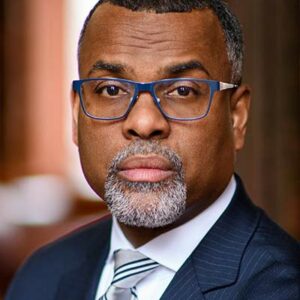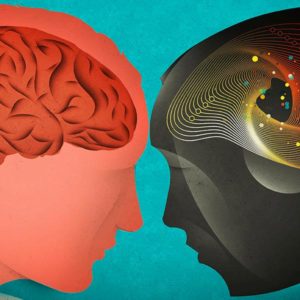
Fresh Off the Press: Science under Fire: Challenges to Scientific Authority in Modern America
Science under Fire reconstructs a century of battles over the cultural implications of science in the United States, showing how suspicion of scientific methods and motivation has played a major role in American politics and culture since the 1920s with profound repercussions that continue to affect everyday life in the current moment.








